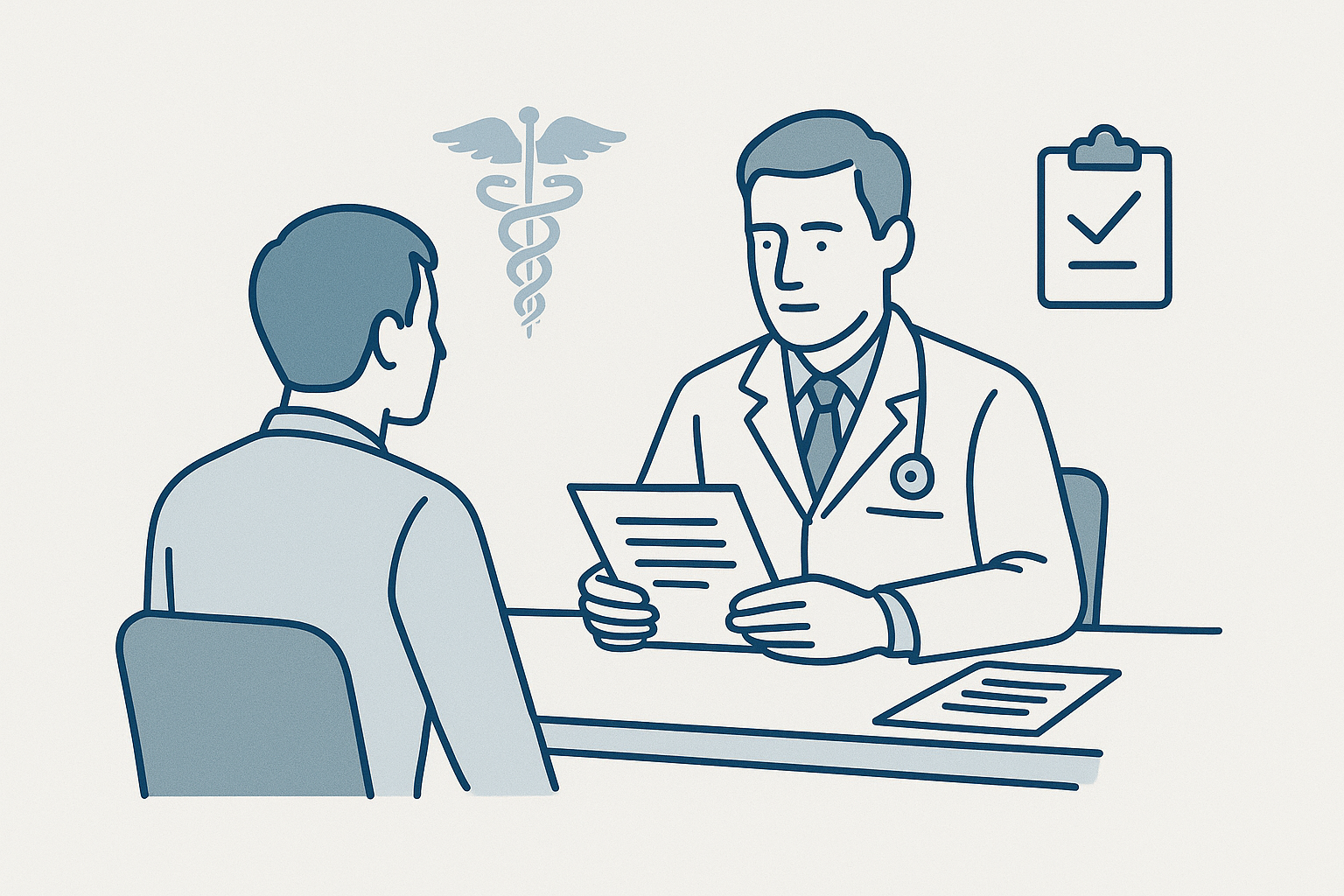A widow lost her husband at age forty-two. The hospital said “natural causes” on the death certificate. Her life insurance company denied her claim.
The medical record seemed incomplete. She had two young children and mounting bills.
A friend suggested a private autopsy. The pathologist found evidence the hospital missed.
The autopsy report showed a clear cause of death. The insurance company approved her claim. The grieving family finally got peace of mind.
Private autopsy insurance claims can make or break a family’s financial future across the United States. Knowing about autopsy report legal evidence helps protect your rights when deaths occur.
How Private Autopsies Work in Legal Cases
A private autopsy gives families independent medical answers. Board-certified pathologists perform an autopsy following strict standards. They examine medical conditions carefully and review medical history. State laws protect the right to get these exams.
The legal value of private autopsy findings has grown in recent years. Courts accept these reports as real evidence. Judges allow private pathologist testimony in court sessions regularly. How an autopsy affects life insurance depends on the quality of findings.
A construction worker died on the job. His employer’s insurance said the death wasn’t work-related.
The family got a private autopsy service to investigate. The pathologist collected tissue samples and checked toxicology reports. The exam showed toxic exposure from his job. This changed the whole case.
Private Autopsies and Life Insurance Claims
Life insurance companies check claims carefully. Cause of death disputes insurance companies deal with happen often. These fights involve pre-existing medical conditions or unclear causes of death.
Life insurance claim denial autopsy cases happen for several reasons. Companies might question whether it was an accidental death or suicide. They review the medical record to find excluded conditions. Sometimes the cause isn’t clear from hospital records alone.
Private autopsy findings give solid proof. The pathologist checks organs and tissue samples thoroughly. They run toxicology reports when needed. They establish the time of death accurately.
Forensic pathology in insurance claims carries real legal weight. One brother’s sister died suddenly. The insurance company said she had hidden medical conditions.
He got a second opinion autopsy to check. The exam proved no pre-existing heart disease existed. The insurance company paid within weeks.
Wrongful Death and Malpractice Cases
Wrongful death cases need strong medical proof. The private autopsy wrongful death case link often decides if wrongful death lawsuits succeed. Cases involving negligence require clear evidence.
Autopsy and malpractice lawsuits often go together. Medical errors kill people sometimes. Families need proof for their wrongful death claims.
One family got a death certificate that said “complications from surgery.” They hired a forensic pathologist for an independent exam.
The autopsy found surgical tools left inside the patient’s body. This became the base of their wrongful death lawsuit. The hospital settled before trial.
Autopsy report credibility in court helps lawyers make their case in criminal cases and civil matters. The legal system protects family-requested autopsy and legal rights. State laws give families power to question official findings about manners of death.
How Autopsy Results Change Insurance Investigations
Insurance investigations and autopsy results work closely together. Companies review the medical record and police reports when available. An independent autopsy report becomes powerful proof.
Second opinion autopsy cases challenge the first conclusions. The first exam might have missed key details about medical conditions. A private pathologist can take all the time needed to perform an autopsy correctly.
One daughter’s father died during a medical procedure. The insurance company blamed his diabetes on his medical history. She suspected a mistake.
She got a comprehensive private autopsy examination from an independent facility. The pathologist collected tissue samples and ran toxicology reports. The exam found proof of a medication error at the time of death. This shifted the whole investigation.
Settlement Negotiations and Challenging Denials
Autopsy report influence on settlement matters a lot. When lawyers negotiate wrongful death claims, evidence is everything. A detailed report removes doubt about manners of death.
Strong evidence gets higher settlements in cases involving medical negligence. Private pathologist testimony in court appearances add pressure. This pushes both sides toward fair settlements. The grieving family can move forward with peace of mind.
Cause of death disputes with insurance companies need medical experts. Companies have their own doctors who review records. Families need equal expertise.
One insurance company denied payment, claiming suicide instead of accidental death. The family hired a private pathologist. The pathologist looked at tissue samples, toxicology reports, and the complete medical history.
The exam found an undiagnosed heart condition caused the death. The family appealed with this proof. The insurance company changed its decision.
Understanding Costs and Benefits
Private autopsy services cost money. Basic exams run three thousand to five thousand dollars. Full exams with tissue samples and toxicology reports cost eight thousand to fifteen thousand dollars or more.
A policy worth hundreds of thousands justifies spending a few thousand to perform an autopsy. The exam could mean getting your claim approved in wrongful death cases. Wrongful death claims can bring substantial settlements. The autopsy report forms the base of cases involving negligence.
Frequently Asked Questions
How long do I have to request a private autopsy?
Act fast when deaths occur. Tissue samples lose quality over time.
Experts recommend getting a private autopsy within forty-eight to seventy-two hours. This helps establish accurate time of death and medical conditions. Contact a service right away for wrongful death cases or insurance reasons.
Can insurance companies refuse private autopsy findings?
Companies must look at all autopsy report legal evidence. A proper report from a certified pathologist is valid medical proof. Companies can’t ignore findings about manners of death. If they refuse, families can appeal or file complaints under state laws across the United States.
How much does a private autopsy cost?
Basic exams to perform an autopsy cost three thousand to five thousand dollars. Full exams with extensive tissue samples and toxicology reports cost eight thousand to fifteen thousand dollars or more. Some places offer payment plans for the grieving family protecting wrongful death claims.
Can a private autopsy find things a hospital missed?
Yes. Private autopsies often discover findings initial exams missed in the medical record. Private pathologists collect more tissue samples and run detailed toxicology reports. Many second opinion autopsy cases reveal important new information about medical conditions in cases involving insurance disputes.
How long does it take to get the final report?
Standard autopsy reports take four to eight weeks across the United States. This includes processing tissue samples and toxicology reports. Some places offer rush services for urgent wrongful death lawsuit deadlines. Police integrate reports and other records into findings.
Can a private autopsy determine if malpractice occurred?
Private autopsies give crucial autopsy report legal evidence in cases involving medical malpractice. The pathologist reviews medical history and the medical record to assess if care met standards. They examine tissue samples for negligence signs.
Lawyers use findings to build wrongful death claims. The evidence helps the grieving family pursue justice with peace of mind.
What happens if autopsy findings contradict the death certificate?
Authorities can change death certificates when a new autopsy report or legal evidence appears. State laws govern this process in the United States. If evidence supports changes about manner of death, they issue an amended certificate.
This affects private autopsy insurance claims and wrongful death cases significantly. Courts accept them in criminal cases and civil matters.








